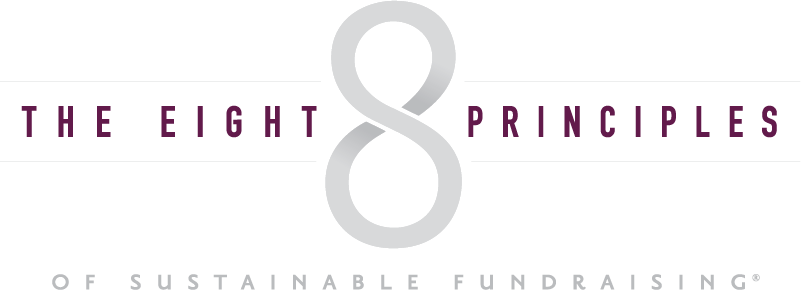
When we seek fundraising training to improve our skills—and get better results—one of those skills is distinguishing between “saying” and “hearing”.
“Well of course I know that”, you say. Do you?
Many, many charitable organizations take that whatever they say as self-evident to anyone and everyone. “We’re doing urgent, important work that compels us to act.” Really?
Nothing could be further from reality.
Concepts such as confirmation bias and insider-knowledge make it necessary to get fundraising training that gets us beyond these barriers.
Principle 2 of The Eight Principles™ is Begin at the Beginning™. Sounds simple. Some might say “too simple.” I beg to differ. It’s certainly straightforward but not simple. A better descriptor is “subtle”.
Subtle yet powerful. That, by the way, is the sort of fundraising training that works—subtle yet powerful. That’s precisely why the cooker-cutter techniques that are so prevalent only inch you down the highway.
“Begin at the Beginning™” says that you must communicate to those you would have support your cause in a manner they will understand. The key word is “they”.
Sure you get it, but do they? Your familiarity and bias to your own vocabulary and concepts may very well—and usually does—fly right by the prospective donor. Factor in that most folks are casual listeners and it’s a wonder they understand anything.
When you’re getting fundraising training it’s critical to know it’s based on the natural laws of fundraising and philanthropy. The Eight Principles of Sustainable Fundraising®. If not, your fundraising training is probably hurting you as much or more than it’s helping you. That’s right.
Principle 2 of The Eight Principles™, Begin at the Beginning™ assumes that you and your prospective donors don’t think alike. No matter how “alike” you think you are.
How do I know that? Let’s call it Principle 1: Donors are the Drivers@. Donors drive philanthropy with their visions and values. Read “their visions and values.”
You have only to read the mission statements and program descriptions of a lot of nonprofits to know that they’re caught up in their own world. That’s OK, as far as it goes.
It’s when they’re seeking support from those outside their proscribed existence that things get sticky—and problematic. By the way, if you think you can raise sufficient support from those who think, talk and act exactly as you, you’re smoking something.
What you’re looking for is fundraising training that builds your fundraising skills in two ways: First, how to parse and understand the minds of those who would support you if given a serious opportunity and second, the skill of communicating from a vantage point quite different from your own.
Neither of these are “simple” but both are straightforward.
At this point you may be groaning that you’ll never “get this” or understand how to put it to effective use.
Fear not. The beauty of working from principle versus technique is that principles are the same today and tomorrow. They yield consistent outcomes.
Think fundraising training for principles, not just techniques—and definitely not “secrets”, if there even is such a thing.
So in that sense, working within The Eight Principles of Sustainable Fundraising® IS simple. Perhaps “predictable” is a better word. It’s always nice to know that if you follow A you’ll get B, not C or some other letter of the alphabet.


